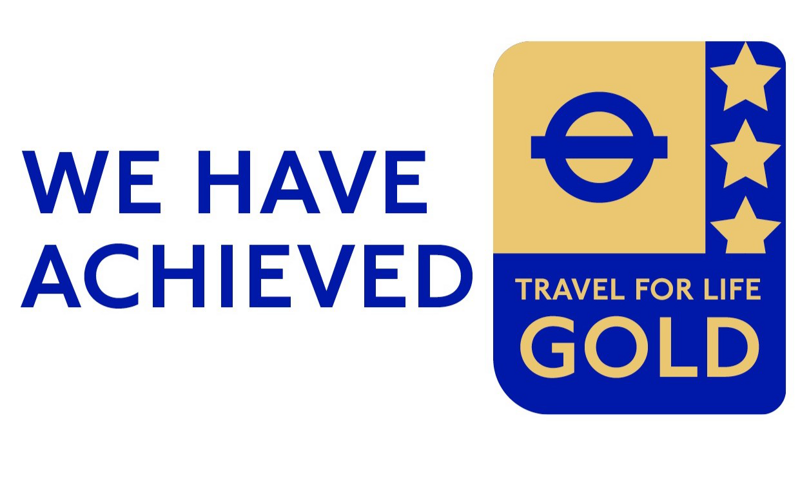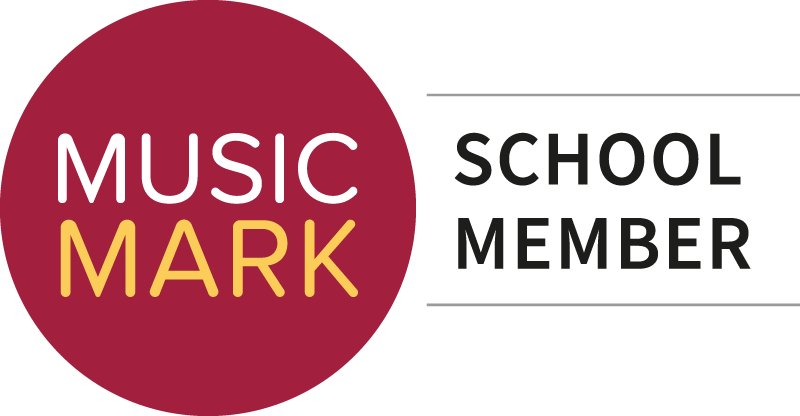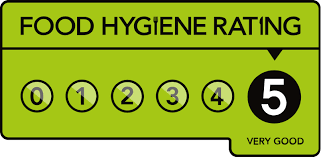PSHRE
As the world becomes increasingly complex, we at Belmore aim to provide a PSHRE curriculum that empowers all students to become knowledgeable, ethical, resilient, adaptable, and healthy members of the broader community.
Our curriculum is designed to be accessible to all students and focuses on personal, social, and emotional development. It addresses moral, cultural, and social issues, including rights and responsibilities, health and wellbeing. We encourage open discussions on various topics, including drug and alcohol abuse, medicine use, and LGBTQ+ issues.
Certain aspects of the curriculum, such as visits from the Life Bus (focused on healthy living), E-safety, and RSE (Relationships and Sex Education for Years 5 and 6), are taught by highly trained professionals from Coram/Hillingdon Life Education throughout the year.
At the same time, we promote our school values of Kindness, Resilience, Readiness to Work, Activeness, and Aspirations, while upholding fundamental British Values. This helps students make positive contributions to their own lives, those of others, and the world around them. We believe in giving children a voice and providing opportunities for them to influence decisions that will impact their lives.





